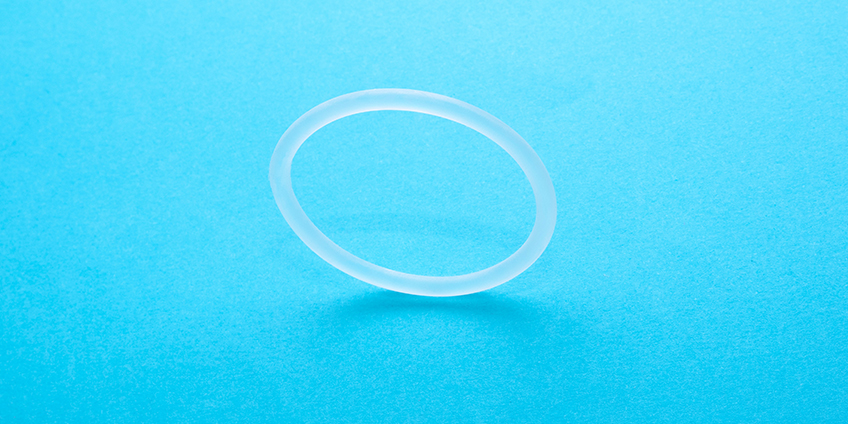I’d like to ask you.
What drives your behavior with food?
Do you eat when you are stressed or do you stress over what you are eating?
STRESS plays a major role when it comes to healthy metabolism, digestion and nutrient absorption AND it has a major impact on our HORMONES and our HORMONES have a major impact on our emotional well-being.
DIET plays a huge role in the way hormones are balanced or not. If you have been dieting for years, restricting calories and nutrients, experiencing episodes of binge eating, indulging in too much processed food, too much alcohol, sugar or coffee, then there is a chance, a good chance your hormones are off balance and you are struggling with weight management frustrations and very likely mood issues.
Hormones are secreted from various organs and glands throughout the body in varying degrees throughout the day, month and our lifespan.
Hormones regulate all of our body systems, and that includes our nervous system. When hormones are dis-regulated, chemical messengers impact our sense of well-being.
For our purposes here, I am focusing on the hormones cortisol and estrogen.
Cortisol is the “stress” hormone, because stress triggers cortisol secretion from the adrenal glands. While normal amounts are important for blood sugar and blood pressure stabilization, immune function and a healthy fight or flight response, too much can make you fat loss resistant, raise blood sugar, increase risk for leaky gut syndrome, and cause issues regarding memory and mood regulation.
Estrogen is a group of steroid compounds that are the primary female sex hormones; they promote the development of female secondary sex characteristics and control aspects of regulating the menstrual cycle. There are several types of estrogen, each with a different function, and each plays a unique role as we age. The challenges that can be experienced when estrogens are out of balance can range from symptoms relating to PMS, fertility, adult acne, migraines, belly fat, bone health, hot flashes, issues related to menopause, inability to lose OR gain weight, depression, and anxiety. If you are experiencing frustrating weight gain, please know that stubborn fat is estrogen sensitive fatty tissue and starts to produce more estrogen on its own. Your fat becomes a hormone producing gland – and since fat is an essential nutrient, your body isn’t going to let go of it too easily.
The good news is that we CAN reset our hormone balance, bring our bodies back into balance by swapping out processed and estrogen promoting foods and chemicals from our diets. Click here for my FOODS TO CHOOSE and FOODS TO AVOID lists.
Diet, supplementation, exercise and stress management all play a role in resetting your hormonal balance.
You CAN feel good again in your body and feel good about your body.
With support and accountability you CAN achieve the balance that’s been alluding you.




0 Comments